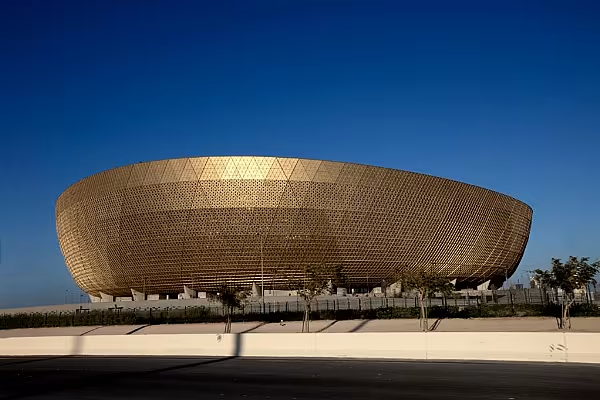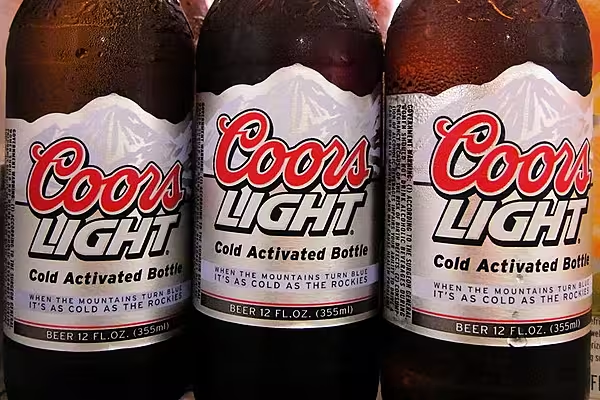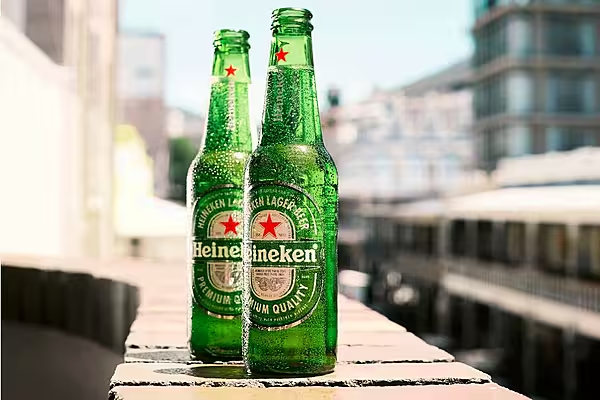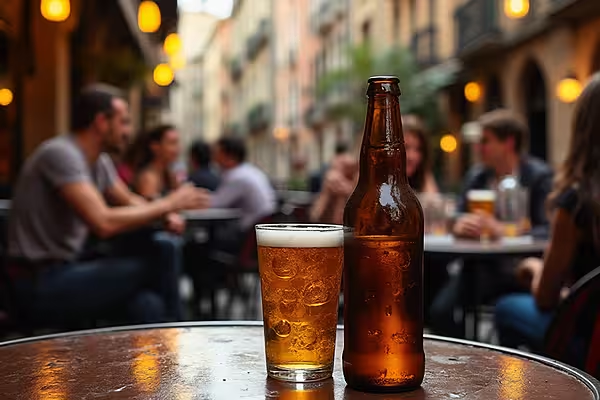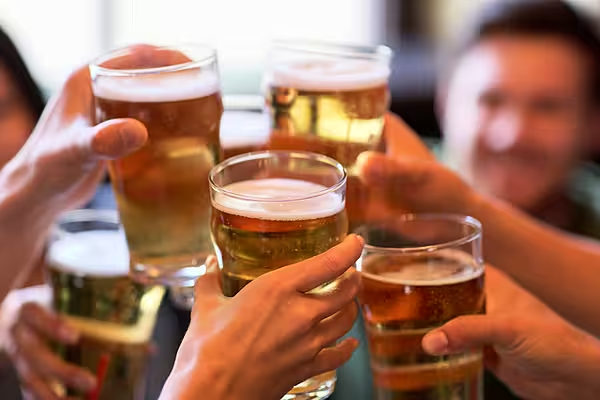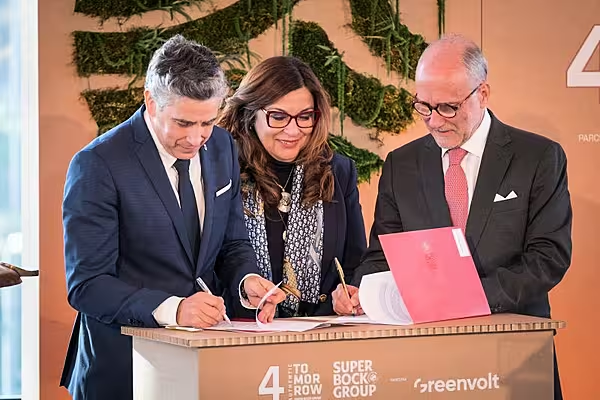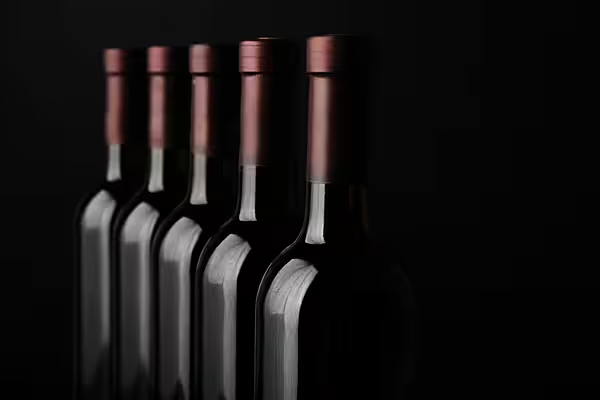The eleventh-hour decision by Qatar authorities to ban the sale of alcohol from stadiums at this year's World Cup is unlikely to go down well with supporters, but for FIFA, it could prove to be particularly costly.
Budweiser's sponsorship of the World Cup is valued at around $72 million (€69.5 million), according to GlobalData, and this last minute move could lead the drinks giant AB InBev to reconsider its association with future tournaments.
“Qatar’s decision to ban all alcohol around the grounds for the upcoming FIFA World Cup just days before it begins presents an illusion that FIFA is not in control of its own tournament and risks alienating Budweiser—a key sponsor and long-term partner of the governing body," commented Conrad Wiacek, head of sport analysis at GlobalData.
“Budweiser’s partnership is due to expire after this World Cup, so the fallout of Qatar’s decision could include tougher negotiations for its contract renewal for 2026, where FIFA would have typically expected to double the current sponsorship fee. However, Budweiser will be cautious to burn its bridges with the governing body, as the 2026 US tournament will be highly prized. Going elsewhere would open up opportunity for other alcohol brands in its wake.”
FIFA Statement
Announcing its decision earlier today, FIFA said in a statement that it has decided to focus the sale of alcoholic beverages on the FIFA Fan Festival, other fan destinations and licensed venues, removing the sale of beer from stadium perimeters.
'There is no impact to the sale of Bud Zero, which will remain available at all Qatar’s World Cup stadiums,' it said.
The organisers added that they 'appreciate AB InBev’s understanding and continuous support to our joint commitment to cater for everyone during the FIFA World Cup Qatar 2022'.
Read More: 11 World Cup Ads To Whet Your Appetite For Qatar 2022
Non-Alcoholic Options
According to Ramsey Baghdadi, foodservice analyst at GlobalData, the move is likely to prove a headache not just for AB InBev, but for other food and drink providers associated with the tournament.
“The decision to ban alcoholic beverages so close to the World Cup event will cause a series of challenges for brands such as AB InBev, which has sponsored the tournament and created a marketing strategy focused on alcoholic beverages," he said. "It will be vital for foodservice providers within the World Cup stadiums, the FIFA fan festival, and licenced venues to ensure they stock up on a variety of non-alcoholic menu items."
A recent survey by GlobalData found that more than half (62%) of alcohol drinkers globally find low/no alcoholic drinks appealing, so the opportunity to sell products such as Bud Zero will nonetheless present an opportunity for brands,
“Adapting to the new regulations efficiently will lead to companies thriving in a challenging situation, as visitors will gravitate to a variety of affordable, high-quality no-alcoholic menu items," said Baghdadi.
Following FIFA's announcement on Friday, Budweiser's official Twitter account put out the message, “Well this is awkward!” before deleting it.
© 2022 European Supermarket Magazine – your source for the latest drinks news. Article by Stephen Wynne-Jones. Click subscribe to sign up to ESM: European Supermarket Magazine.
